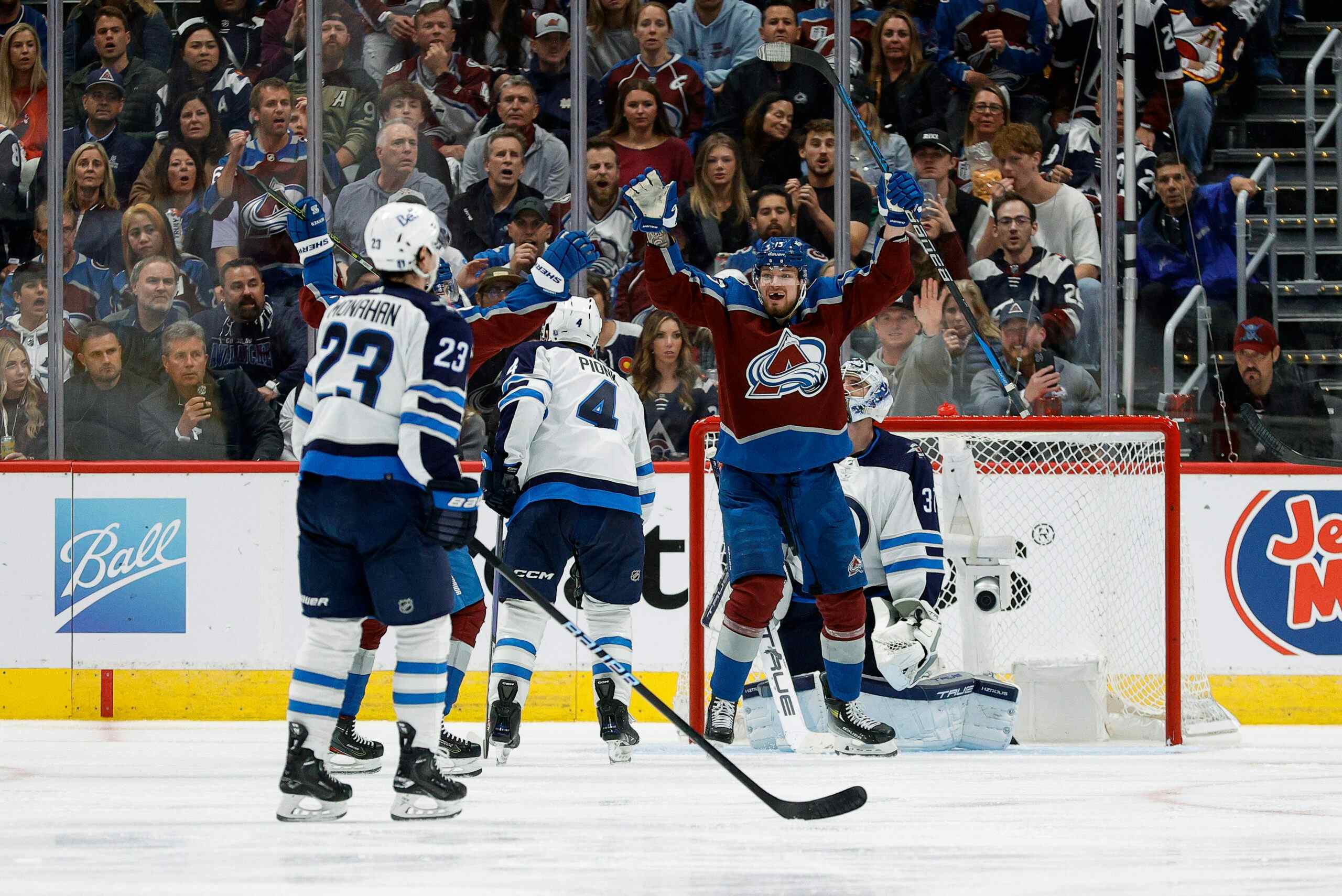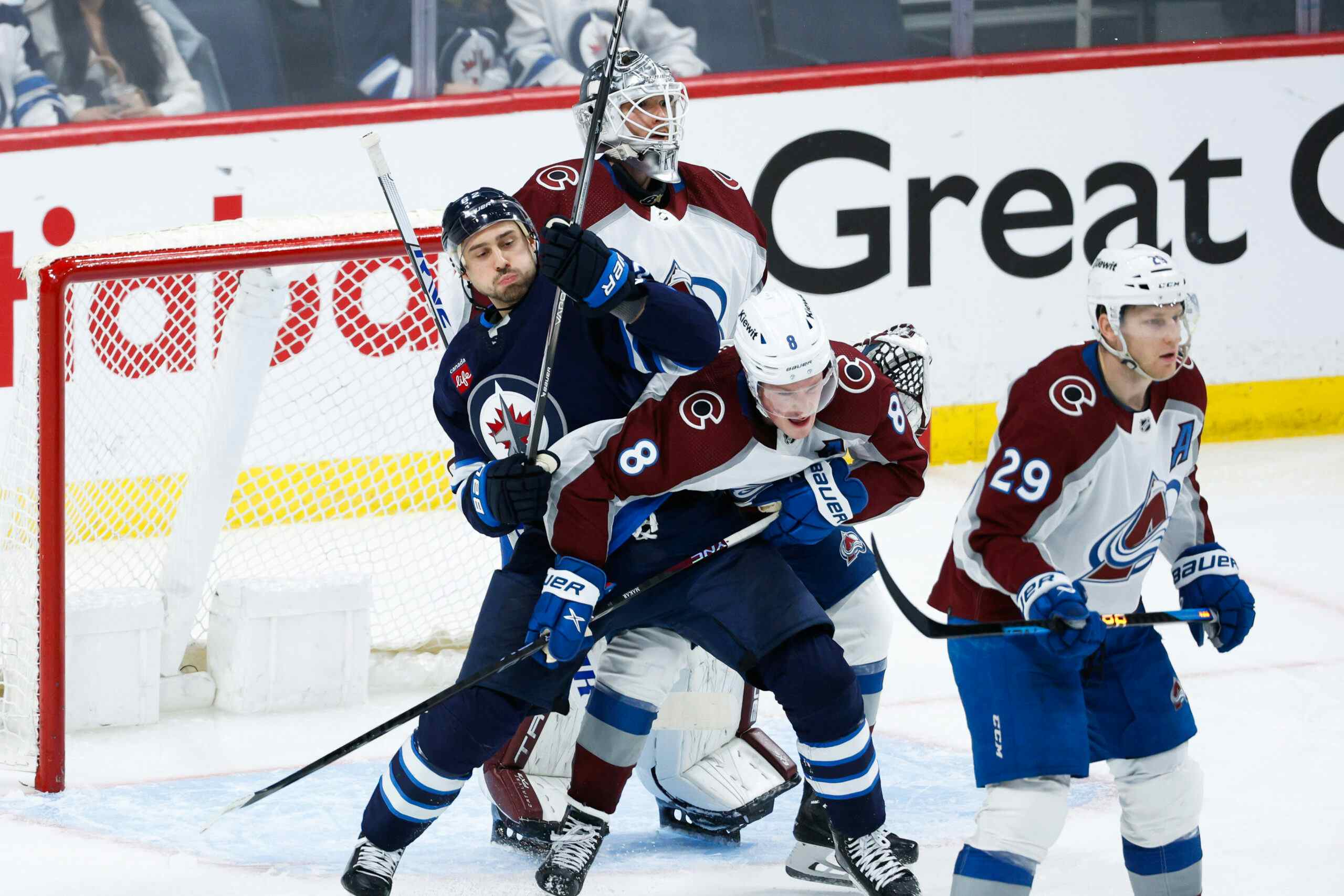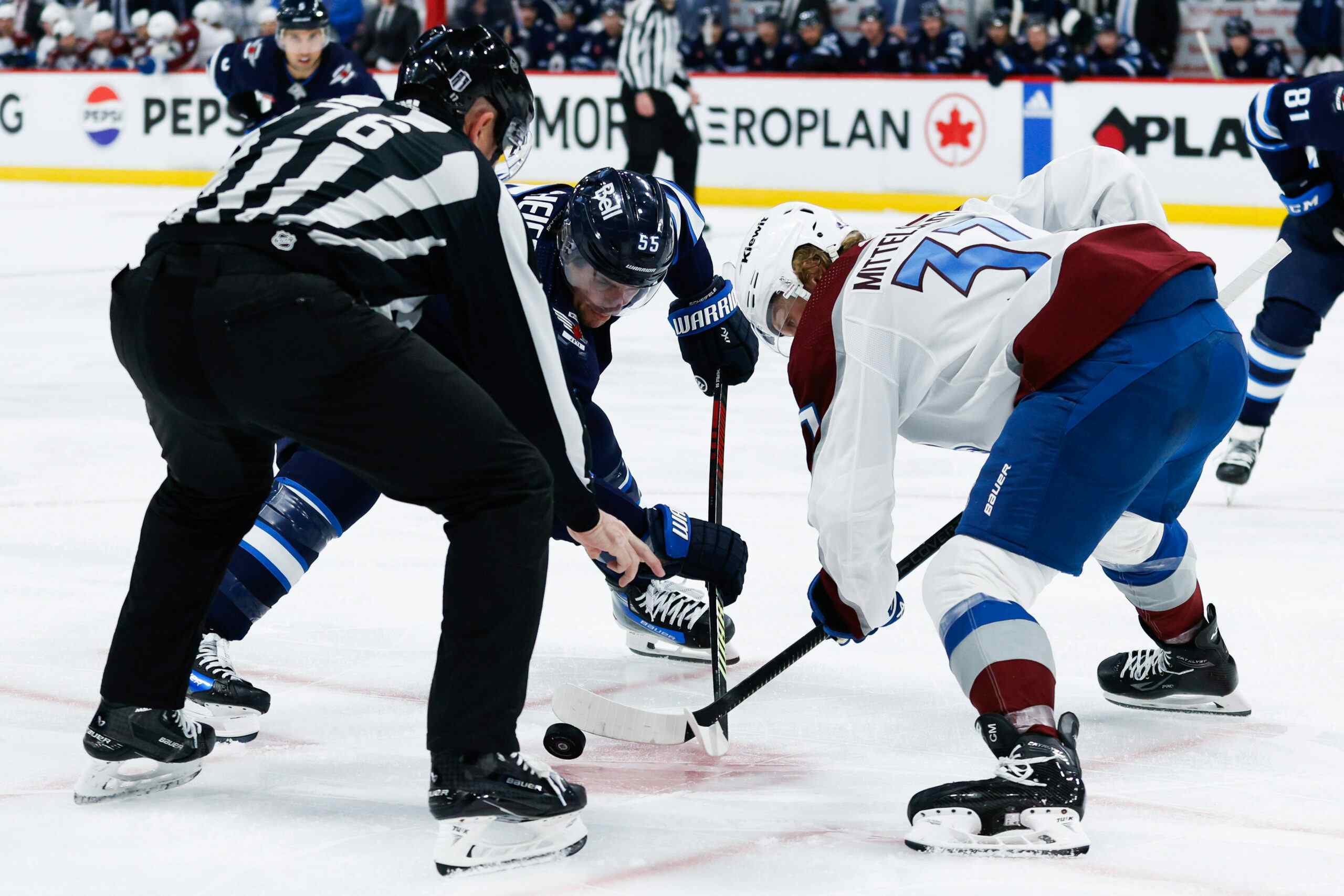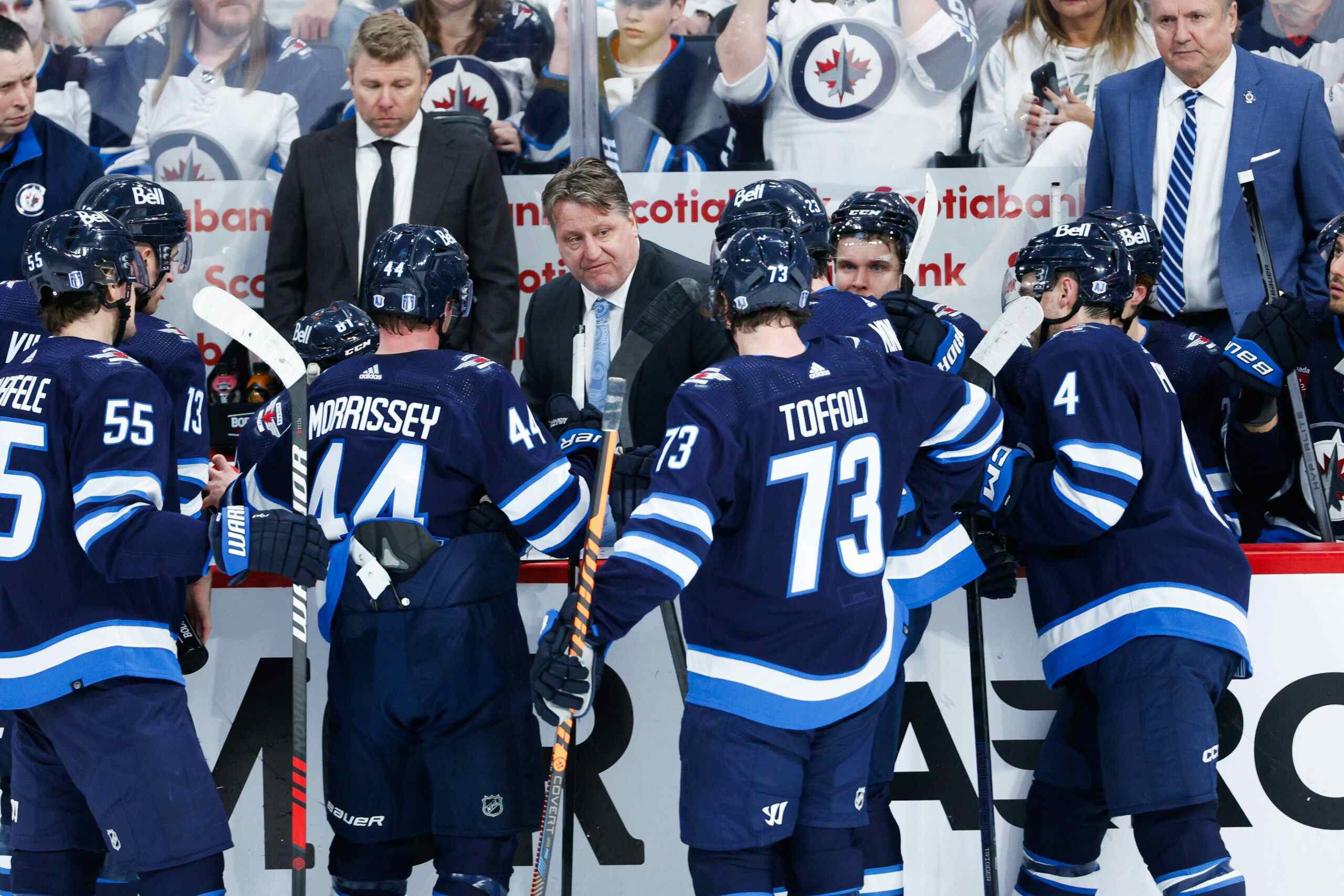Forbes 2012 – Jets valued at 200M

This afternoon saw Forbes release its annual appraisal of NHL franchise valuations and financial performance, and since this edition marks Winnipeg’s first real appearance in the listings, it seems a good idea to have a closer look at the numbers.
First off, it’s always wise to offer a disclaimer or two when discussing Forbes’ handiwork. There are a few caveats that I’ll get into as I go, the most important of which is that NHL teams don’t offer public examination of their books, so the revenue figures are usually best guesses that the league quickly poo-poos. Still, as an ordinal of sorts to rank teams’ financial wherewithal, it has some merit. By that measure, Winnipeg’s return to the NHL was a hit, at least at the box office.
When the last report came out in November of 2011, the franchise had just moved from Atlanta, and the numbers for that last misbegotten year in Georgia were a bit dire. Forbes showed the Thrashers with revenues of 71 million and operating losses of 4.9 million. That simply added to the ongoing red ink for the Atlanta Spirit group since the last work stoppage, and as we all know, they decided to take True North’s cash and bail on the hockey business.
One year later, the turnaround in the numbers has been stark. The Jets ended the season in the middle of the pack in terms of revenue, with Forbes assessing the club’s total at 105M, placing the Jets 16th in the league. The club finished no worse than 15th in terms of regular season revenue, since the Capitals were alleged to make 1M more while enjoying 6 home playoff dates. That has some meaning, of course, since regular season revenue determined which clubs received revenue sharing under the old CBA. That’s one of the reasons why Mark Chipman was able to state with certainty in early April that his team wouldn’t be on the receiving end of any goodies.
Beyond the headline number of total revenue, there are a few nuggets worth discussing. The Jets’ operating income was pegged at a healthy 13.3M, good for 10th in the entire NHL, and ahead of teams like Calgary and Philadelphia. In fairness, those clubs spent considerably more on players, so the Jets largely made their bones off of a cheap roster. The lead columnist of the local broadsheet noted a while back that had the Jets spent to the cap, they would have lost money, and that’s plausible, but unless they hired Ken King or Terry Pegula or Steve Tambellini to run the show, spending more also might well have pushed the club into the post-season, given the wretched state of the Southeast division.
Of course, there’s a lot of room between what the Jets spent and the cap, and as Chipman himself noted on Winnipeg radio this summer, the organization’s strong financial performance placed them as a mid-market club that would be comfortable in the middle of the salary structure of the expired CBA. A cynic might think the club lets the media do their poor-mouthing for them as a public relations move, but Joe Haggerty’s report this afternoon does hint that the Jets might not be part of the hard line group that feels like it can’t survive without a harsh new deal for the players. Based on these numbers, that’s a position grounded in reality, denials aside.
How the Jets finished at that total revenue number in the view of Forbes is where we get into the realm of guesswork. The ticket revenue number passes the smell test, showing 53 million collected over 44 games, an average of roughly 1.2M a night. Tickets for STHs averaged 82 dollars per game, so that number is pretty much dead on, and unsurprisingly so, since ticket revenues from a sold out building are the easiest part of the puzzle to put together. At any rate, that figure was tied for 9th best in the circuit. Washington and Philadelphia finished within range of Winnipeg’s total while each playing 6 home playoff games, and the Bruins tied the Jets while enjoying 4 home playoff gates, so the Jets likely had the 7th best regular season gate receipts.
It’s beyond tickets where things are murky of course, although based on the Coyotes’ bankruptcy documents from ’09, the league’s share of national TV money and merchandising is probably in the 13M range per club with the new NBC deal added in. What I don’t know, and where Forbes doesn’t add any detail, is how the other money breaks down.
True North controls the building, of course, so they get every worthwhile dollar in that regard, and the club claimed that their TV deal exceeded expectations, but they never provided any firm viewer or dollar figures, obviously. The club doesn’t control all of the parking in the vicinity of MTS Centre, but as best I can tell, that’s about the only revenue item they haven’t been able to maximize. In the end, Forbes’ figures suggest to me that the team had just over 90M in local reveune, and about 40M after ticket sales.
Whether that bears any relationship to reality is another matter, of course. One figure that may or may not be included is whatever amount True North gets in subsidies and tax rebates. Some of that money, like the club’s VLT take, is alleged to be used strictly on operating expenses for MTS Centre, but as Jonathan Willis noted in his piece about the Florida Panthers, the arrangements between teams and the companies that own them can be muddled, and determining the true financial health of a club isn’t always a straight forward affair when various enterprises overlap.
As a final note, there’s been reason to believe, at least in the past, that Forbes has had difficulty in accurately pegging the revenue of the smaller Canadian teams. The suspicion has been fuelled by Pat Laforge’s past statements that the Oilers were regular contributors to revenue sharing when Forbes showed them as a mid-revenue team nowhere near the top ten status required to be part of the paying group. Tyler Dellow is always worth a read, and his post on this very subject this afternoon covers matters quite well.
In other words, if the Jets were several million further ahead than the Forbes numbers because of their total control of their facility and the largesse of the Manitoba taxpayer, I’d be unsurprised. At any rate, Mark Chipman and David Thomson are getting by, and if they play NHL hockey again in my lifetime, the Jets appear to be financially robust enough to be able to ice a decent mid-market club for the next decade or so, Canadian dollar willing.
Recent articles from Robert Cleave





